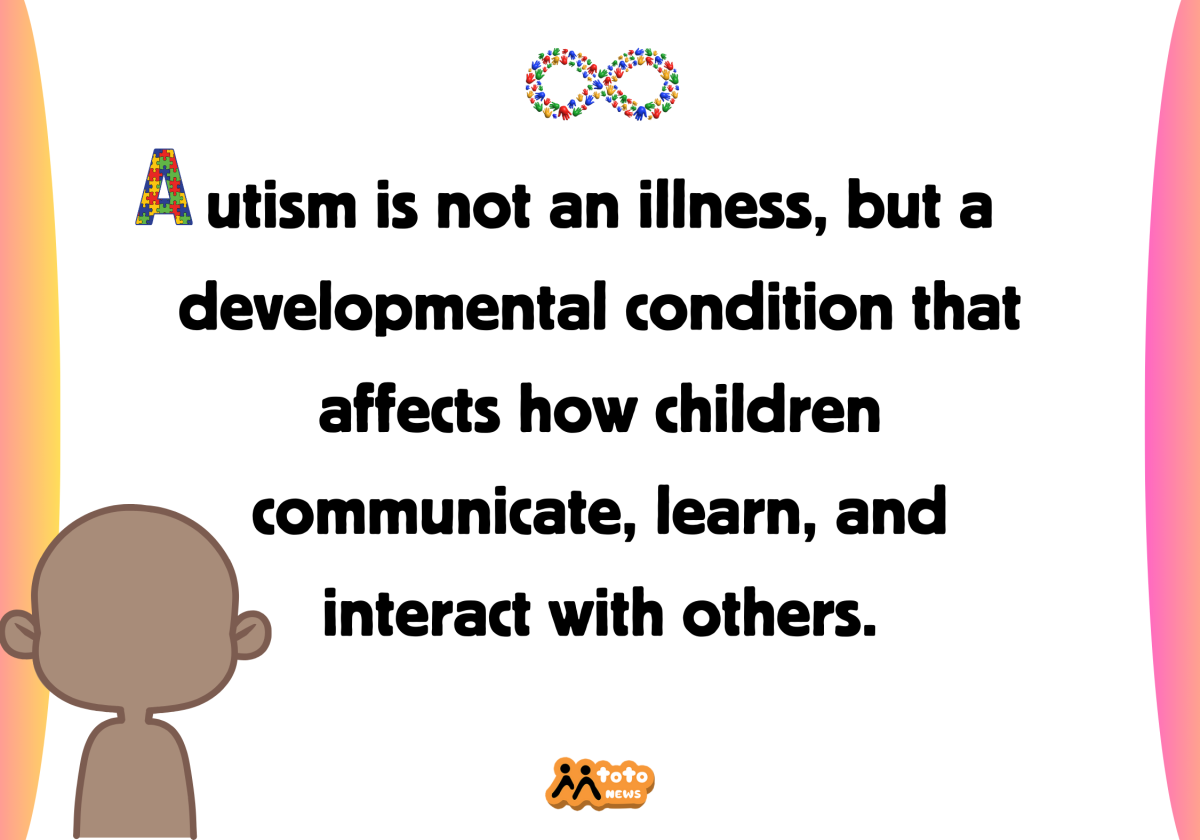Written by Alice Njoki.
Many people don’t realize that children with autism are not all the same. Each one experiences the world in their own unique way. Autism is not an illness, but a developmental condition that affects how children communicate, learn, and interact with others. According to the latest CDC report, about 1 in 31 children in Kenya are diagnosed with autism, with most being identified by age four. Early diagnosis is important because it helps children get the therapies and support they need to grow and succeed. Still, in some communities, there are delays in diagnosis, and stigma can stop families from seeking help.
What’s often overlooked is that many children with autism also have another condition called ADHD (attention-deficit/hyperactivity disorder). In fact, studies show that between 30% and 80% of children with autism also meet the criteria for ADHD, and about 20% to 50% of children with ADHD also meet the criteria for autism and can make things even more challenging. These children may struggle more with focus, impulsivity, and social situations than those with just one condition, and they often need extra support.
Unfortunately, society still misunderstands these children. Behaviors like avoiding eye contact, repeating movements, or being hyperactive are often judged as “bad behavior” instead of being seen as part of their condition. Parents and caregivers have to work hard to find therapies, supportive schools, and understanding communities, especially in places where resources are limited or where myths and stigma are strong. In some cultures, children with autism or ADHD are unfairly labeled or even hidden away, and families may not even know these conditions exist or how to get help.
I recently saw a video that was trending online of a young autistic girl with her sisters who is a content creator , and the comments were heartbreaking . People mocked her for things she couldn’t control.When viewers saw her videos, instead of celebrating her uniqueness, they left hurtful comments. Imagine how the child felt, unaware of why strangers mocked her. Or how her sisters felt proudly sharing their sibling’s journey, only to face cruelty . Media platforms should promote kindness, not bullying, toward neurodivergent creators. Most importantly, we must listen to families and individuals living with these conditions. Their stories teach us how to build a world where no child is abandoned or shamed for being different.
This isn’t just about one family, it reflects a global problem: our tendency to judge what we don’t understand.
As the CDC reminds us, behind every statistic is a real child who needs empathy, not judgment. Let’s create awareness, support families, and make sure every child no matter how they experience the world knows they are valued and included.

